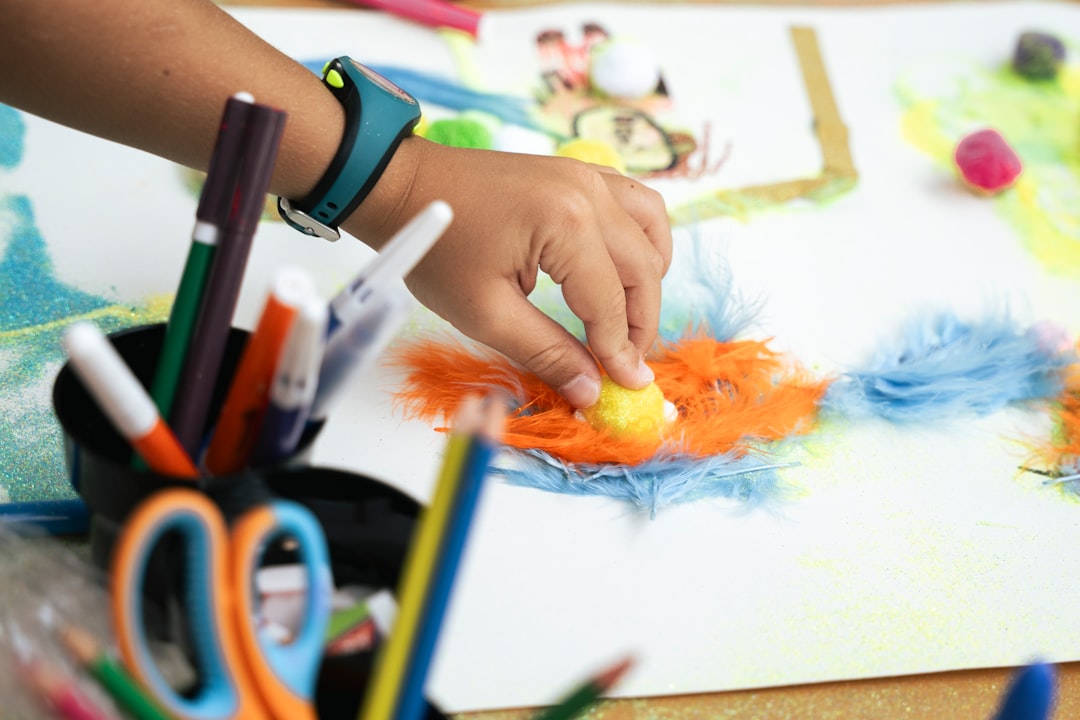In the ever-evolving landscape of the 21st century, the need for continuous learning and adaptability cannot be overstated. As technology advances and the global economy shifts, today’s children face a future where the only constant is change. This article delves into the essential skills that children need to thrive in this dynamic future and explores how parents and educators can foster an environment conducive to lifelong learning.
The Bedrock of Adaptability
In a world where new technologies can render old ones obsolete overnight, adaptability is key. Children must learn to be flexible and to approach problems with a mindset that is open to change and innovation. This starts with encouraging curiosity and resilience from a young age. By allowing kids to experiment freely and fail safely, they learn that setbacks are just stepping stones to greater understanding.
Critical Thinking and Problem Solving
As automation and artificial intelligence take over routine tasks, the ability to think critically and solve complex problems becomes more crucial. Teaching children to question, analyze, and evaluate information helps them navigate the vast seas of data they encounter daily. Engaging kids in discussions about books, movies, or even everyday decisions fosters this analytical mindset.
Digital Literacy and Coding
While today’s children are often referred to as digital natives, there’s a significant difference between using digital tools and understanding them. Basic coding skills can demystify how digital environments operate and give children a deeper appreciation of the technology around them. Programs that emphasize STEM education are vital, but so is integrating these concepts across all subjects.
Emotional Intelligence and Collaboration
The future workplace will require keen emotional intelligence and the ability to collaborate across cultures and geographies. Activities that encourage empathy and teamwork, such as group projects or family volunteering, are excellent ways to nurture these skills. Schools and families should also prioritize communication skills, teaching kids to express their thoughts and feelings clearly and respectfully.
Entrepreneurial Mindset
An entrepreneurial mindset is characterized by innovation, initiative, and the ability to handle risk. Encouraging children to set up a lemonade stand, manage a small online business, or simply take on leadership roles in group settings can spark this entrepreneurial spirit. This mindset will be invaluable whether they go on to start their own companies or innovate within larger organizations.
In conclusion, preparing children for the future is about more than just teaching them to read and write. It’s about developing a toolkit of skills that will enable them to approach an uncertain world with confidence and curiosity. By fostering these abilities, we not only prepare them for professional success but also help them lead fulfilling, meaningful lives.




